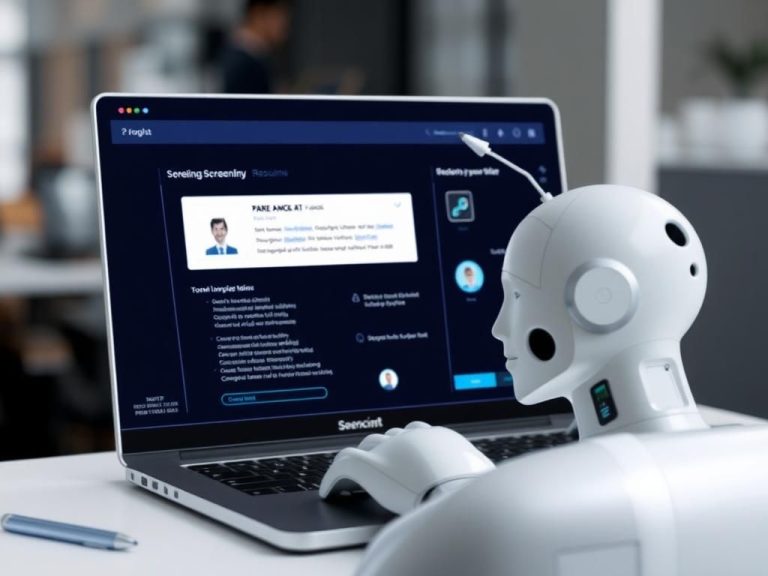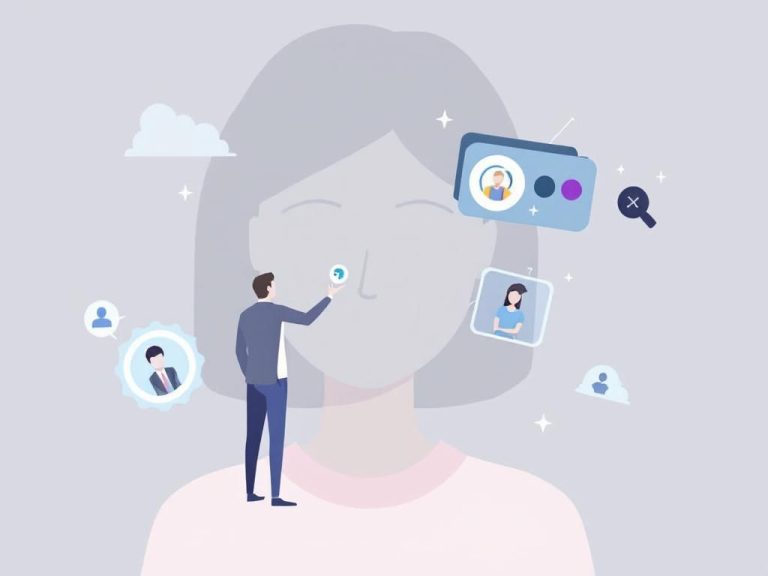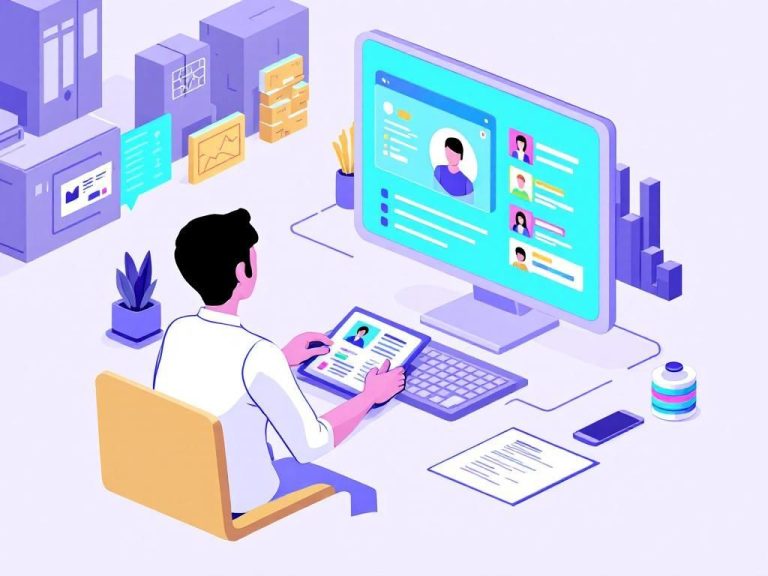The hiring landscape is undergoing a dramatic transformation, fueled by advancements in artificial intelligence (AI). In 2025, businesses are increasingly relying on AI-driven resume screening to enhance their recruitment processes. This shift reflects the need for efficiency, accuracy, and the ability to sift through the overwhelming number of applications that inundate HR departments. This article delves into how AI is revolutionizing hiring, the benefits it offers, challenges faced, and what the future holds for recruitment.
The Emergence of AI in Recruitment
AI technologies have made significant inroads in various sectors, and recruitment is no exception. The proliferation of digital tools and platforms has enabled organizations to streamline their hiring processes. As we move into 2025, AI-powered resume screening is becoming the norm, allowing companies to:
- Save time by automating repetitive tasks.
- Reduce bias and promote diversity in hiring.
- Enhance candidate experience through seamless application processes.
Understanding AI-Driven Resume Screening
AI resume screening refers to the use of algorithms and machine learning models to analyze job applications. Here’s how it generally works:
- Data Collection: AI systems gather data from resumes, including skills, qualifications, and work experience.
- Data Analysis: The software evaluates the data against predefined criteria, assessing which candidates best match the job requirements.
- Ranking Candidates: AI ranks applicants based on their compatibility, prioritizing those who meet key qualifications.
Benefits of AI Resume Screening
The integration of AI in the hiring process brings numerous advantages:
1. Increased Efficiency
AI can process hundreds of resumes in a fraction of the time it would take a human recruiter. This speed not only accelerates the hiring process but also allows recruiters to focus on more strategic aspects of their role.
2. Enhanced Accuracy
With AI systems analyzing vast amounts of data, the likelihood of overlooking talented candidates decreases. AI algorithms can identify patterns and traits that human reviewers might miss.
3. Reduction of Human Bias
One of the significant challenges in hiring is unconscious bias. AI can help mitigate this by standardizing the evaluation criteria, leading to a more equitable hiring process. Nonetheless, it is vital to ensure that the AI itself is trained on unbiased data.
4. Improved Candidate Experience
AI facilitates a smoother application process. Candidates can receive instant feedback, and their applications can be processed faster, contributing to a positive experience.
Addressing Challenges in AI Resume Screening
While the benefits are substantial, the adoption of AI in recruitment isn’t without its challenges. Some of the key concerns include:
1. Data Privacy
As organizations collect and analyze personal data from resumes, the risk of data breaches increases. Companies must prioritize robust cybersecurity measures to protect sensitive information.
2. Quality of AI Models
The effectiveness of AI resume screening depends on the quality of the data it is trained on. Poor-quality data can lead to inaccurate assessments and potential discrimination against qualified candidates. It’s essential to use diverse and comprehensive datasets.
3. Over-reliance on Technology
While AI can enhance the hiring process, an over-reliance on technology may overlook the human element in recruitment. Employers must balance AI efficiencies with human judgment.
Best Practices for Implementing AI Resume Screening
To successfully integrate AI into the hiring process, organizations should consider the following best practices:
- Choose the Right AI Tools: Research and select AI tools that align with your organization’s values and goals.
- Regularly Update Algorithms: Continuously refine AI algorithms to ensure they adapt to changing job market conditions and eliminate biases.
- Combine AI with Human Oversight: Ensure that AI assessments are supplemented with human evaluations to make final hiring decisions.
Future Trends in AI Resume Screening
As we look ahead, several trends are expected to shape the future of AI-powered resume screening:
1. Natural Language Processing (NLP)
Advancements in NLP will enable AI to better understand context, subtleties, and nuances in resumes. This will enhance its ability to match candidates with job descriptions more accurately.
2. Integration with Other Technologies
AI resume screening is likely to become more integrated with other HR technologies, such as applicant tracking systems (ATS) and employee engagement tools, creating a seamless hiring ecosystem.
3. Focus on Soft Skills
Future AI models may begin to assess soft skills more effectively, recognizing qualities like adaptability, teamwork, and communication, which are increasingly essential in today’s workforce.
Conclusion: Embracing the AI Revolution
The landscape of hiring is changing, and AI resume screening is at the forefront of this evolution. By embracing AI technologies, organizations can improve their recruitment efficiency, enhance candidate experiences, and build a diverse workforce. However, it is crucial to approach AI integration thoughtfully, prioritizing data privacy, quality, and human oversight. As we advance into 2025 and beyond, the successful melding of technology and human insight will dictate the efficacy of recruitment strategies in the modern workplace.
FAQ
What is AI resume screening?
AI resume screening is a technology that uses artificial intelligence to analyze job applications and resumes, helping employers identify the best candidates more efficiently.
How does AI resume screening improve the hiring process?
AI resume screening streamlines the hiring process by automating the initial screening of resumes, reducing time spent on manual reviews, and increasing the accuracy of candidate selection.
What are the benefits of using AI for resume screening in 2025?
In 2025, the benefits of AI resume screening include enhanced efficiency, reduced bias in candidate evaluation, improved candidate matching, and the ability to handle large volumes of applications quickly.
Can AI resume screening eliminate human bias in hiring?
While AI resume screening can help reduce certain biases, it’s important to continuously monitor and adjust algorithms to ensure they promote fairness and inclusivity in the hiring process.
What features should I look for in an AI resume screening tool?
Key features to consider include customizable criteria, integration with applicant tracking systems, analytics and reporting capabilities, and the ability to learn from past hiring decisions.
Is AI resume screening suitable for all industries?
Yes, AI resume screening can be adapted for various industries, including tech, healthcare, finance, and more, making it a versatile tool for enhancing the hiring process.




